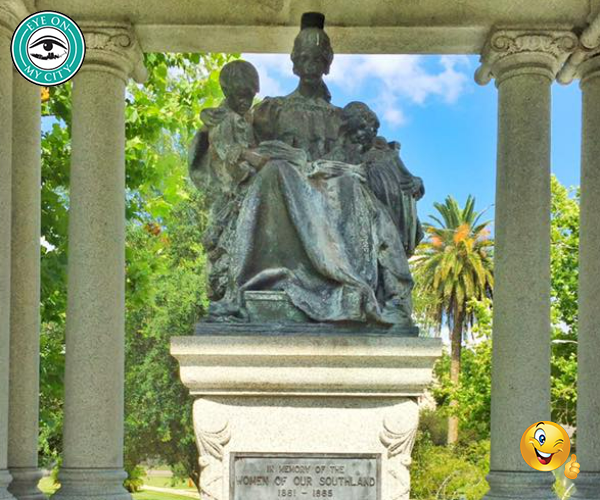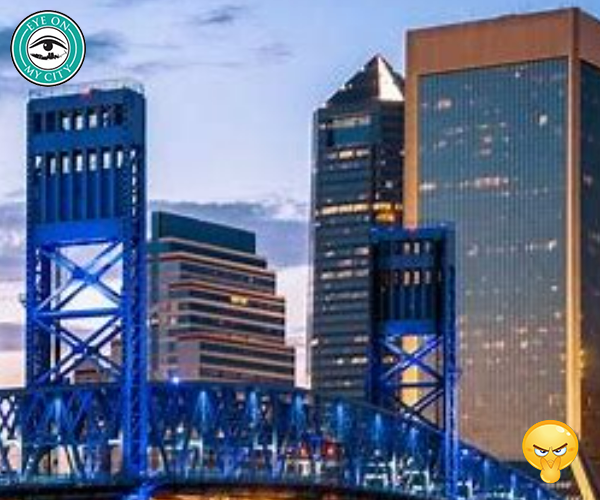
One of Eye’s financial analysts has done an examination of the city’s finances and has concluded a case can be made that the city has not kept up with infrastructure needs.
That is a key issue before the City Council right now, as it begins work on the mayor’s proposed budget.
Mayor Lenny Curry is asking for $239 million for infrastructure improvements next year.
Our analyst looked at the city’s population trend and the inflation rate. Using figures from the city’s Comprehensive Annual Financial Report, he concluded that the total infrastructure decreased in value from $3.9 billion in 2010 to $3.5 billion in 2019.
“To keep just the same level of services, the city’s investments in infrastructure should be increasing by inflation and population growth,” he said. “So, instead of going down the last 10 years, it should have gone up by inflation and population.”
He compared it to keeping your house plumbing, wiring, appliances, paint, etc. current and maintained year by year or letting it go downhill year after year until finally you have to catch up, at a huge cost.
This does not even take into account the fact there are still many parts of the city with grossly inadequate infrastructure, particularly storm water drainage, streets and sidewalks, etc. Spending on that would be over and above keeping the existing assets current and properly maintained.
Curry’s first five years in office saw remarkably strong economic and population growth, and property tax revenues have gone up year after year without tax rate increases, although next year the good times may end because of the Chinese virus.
So, where did the money from fast growing tax revenues go that should have been used to keep infrastructure up to date? The annual financial report shows Curry has increased the number of city employees from 7,000 when he came in to 7,500 and the end of 2019, a 7 percent increase.
And, in 2017 he handed out massive, way above inflation, pay increases to all the city unions and instituted the most costly defined-contribution retirement plan in the state, our analyst said. Those pay increases also increased the costs of the pension fund but helped Curry get re-elected last year.
The latest Police and Fire Pension Fund independent actuary’s report shows an actuarial loss last year of $34 million compared to Curry’s forecast in promoting his tax referendum, which was approved.
The report says, “When combined with advance recognition of the pension liability surtax, it is our opinion that current costs are likely to be transferred to future taxpayers under this arrangement;” and, it concluded, “It is advisable to consider making contributions to the Fund in excess of the minimum required.” The independent actuary recommended an independent financial risk assessment at least every 3-5 years.
Curry promised to use the “savings” from his pension reform to increase infrastructure spending. It appears that it went into payroll instead. Which increased pension costs. Which wrecked Curry’s promise the reform would “fully fund” the pensions. The report shows it now will cover 70 percent of the cost, leaving the rest for the taxpayers of 2030 to confront.
There are two issues for the council.
1. Is the city behind on infrastructure spending?
2. If so, have some areas been neglected more than others?
Both Curry and several council members seem to be starting from the assumption that the answer to both questions is “yes.”
But, as Eye continues to ask, if the billions spent in the past 20-30 years were not enough, how much will it take?
In addition, we have seen no evidence of “disparities,” despite constant allusions to their existence.
We have asked city officials for a comparison of spending by council districts and hope to get the information for our readers.
Our suspicions are aroused however that taxpayers are being set up for a huge tax increase. Curry did not recommend one but he tossed the ball to the council. One councilman, Aaron Bowman, already has begun promoting one, and the council president has said it could be a possibility for the fiscal year that begins Oct. 1.
Our hope is that city officials will identify actual needs, not just areas where they need votes, and make realistic proposals for filling them, while providing the public an explanation for the seeming lack of progress to date.










